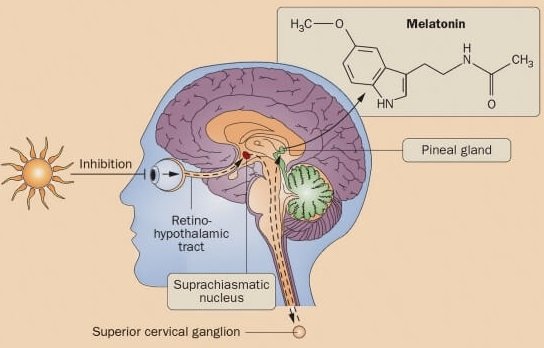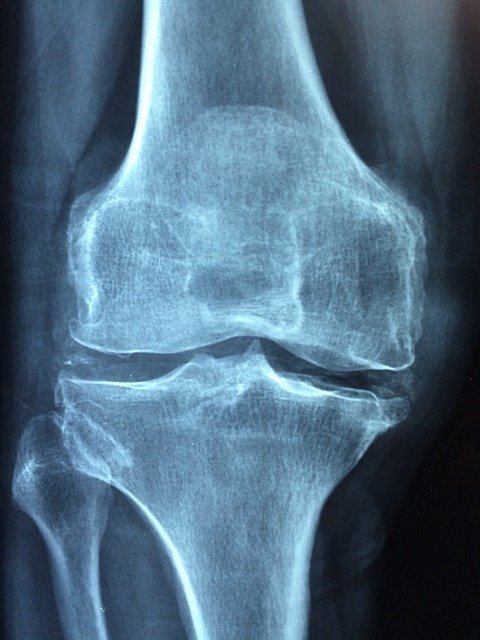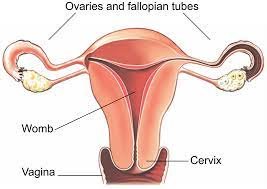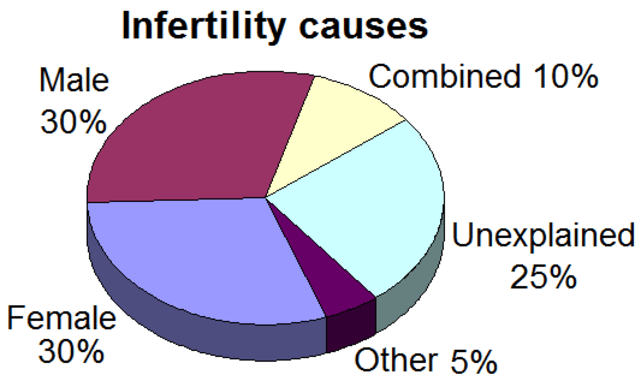- Cupping / Hijama Points Treatment Plan
- Body Part / Function Involved
- Symptoms and Effects
- Dietary Changes
- Changes in Lifestyle
- Alternative Remedies
Information on this site shall be considered as holistic, alternative and spiritual advice only. For medical advice and treatment a GP, medical professional and/or Certified Hijama Therapist should be consulted. In all circumstances where lifestyle changes, supplements, or other foods are suggested your GP should be consulted. Client Safety is the number one priority.
Cupping / Hijama Points Treatment Plan for Excessive Sleep
Allow 2-4 weeks between sessions – longer if required. Hijama Points shown for each session should ONLY be used to guide the therapist. Body size, cup size, and any other conditions need to considered and appropriate care and attention taken. The number of sessions shown can be increased or reduced depending on the condition of the client.
Complete Treatment Plan
Click here for Session 1Click here for Session 2
Click here for Session 3
Click here for Session 4
Use the standard hijama points as an additional or as separate standalone sessions.
Standard Wet Points – 1,55,36
Click here for Hijama Points on the back of the bodyClick here for Hijama Points on the head and face
If the client has a complicated history and numerous concerns then it is a good idea to use our online consultation service – click here.
Which body part or function is involved in Excessive Sleep?
The brain is one of the largest vital organs and most complex in its structure in the human body. It is composed of more than 100 billion nerves that transmit in numerous connections called synapses. The brain is made up of many proficient structures that work together. The cortex is the outermost part of the brain. Thinking and voluntary movements initiate in the cortex. The brainstem extends from the spinal cord to the rest of the brain. Essential processes like breathing and sleep are regulated by this. The basal ganglia are a collection of structures in the middle of the brain. The basal ganglia coordinate information between many other brain structures. The cerebellum is present at the base and the posterior side of the brain. The cerebellum is dependable for coordination and balance. Sleep in human is regulated by certain network of structures in brain regions including hypothalamus, brainstem, and basal forebrain. The neurons present in the brain and brainstem produce specific neurotransmitters in various brain parts these signaling chemical then act of other group of neurotransmitters and controlling our sleep and awake processes. Our bodies produce and release chemicals at specific times in a 24-hour period to perform certain activities at a certain time and this cycle is called circadian rhythm.
In the process of sleeping most important is a hormone melatonin the amount of which increases in the evening at its highest at the midnight to signal the sleep time and starts declining in the morning to make awake and refreshed. The process starts in the eye retina when our body interprets the information about the time of the day and signals melatonin production. When light hits the retina, it sends a signal to suprachiasmatic nucleus, a part of the brain that regulates whether we feel sleepy or awake. From suprachiasmatic nucleus the signals travels down to other brain regions involved in hormone production and controlling body temperature. This signal then leaves the brain entering spinal cord and again to the melatonin producing pineal gland located in the brain. When its daytime such signals halts the activity of the pineal gland while at night these signals are inactive, and the pineal gland performs its function of producing the melatonin.
What are the symptoms and effects of Excessive Sleep on the body?

Excessive sleepiness has become widespread sleep-related patient symptoms, and it affects around 20 percent of the population. It is the feeling of being extremely tired or sluggish during the day. Contrary to fatigue, which is more about low energy, excessive sleepiness can make you feel so drowsy that it interferes with your social activities like school, work, and possibly even your relationships and day-to-day functioning. People with excessive daytime sleepiness are at risk of driving and work incidents and have health issues than similar adults. The most common causes of excessive daytime sleepiness are lack of sleep, obstructive sleep apnea, and sedating drugs. Other possible causes of excessive daytime sleepiness include certain medical and Neurological conditions and sleep disorders, like narcolepsy. Ethanol is the most broadly used agent with sedative influences. Excessive daytime sleepiness can have adverse and severe consequences. Sleep problems reported more than 100,000 motor vehicle incidents that arise in 71,000 personal traumas.
Secondary hypersomnias
Many medical conditions can cause secondary excessive sleepiness, including head trauma, stroke, tumors, encephalitis, and Psychiatric conditions, mostly depression, can also arise in excessive daytime sleepiness. Sleep disorders such as circadian rhythm disorders, periodic limb movement disorder, and restless legs syndrome can also contribute to increased levels of daytime sleepiness in some persons.
Primary hypersomnias
Narcolepsy the most common of the primary hypersomnia, is reported to affect 0.02 to 0.18 percent of the adult community but maybe relatively underdiagnosed. Narcolepsy is associated with the dreaming period of sleep called REM (rapid eye movement) sleep. With narcolepsy, though, REM periods can occur all over the day. Along with drowsiness that doesn’t improve, narcolepsy may cause brief rebellious moments of sleep, or “sleep attacks,” without alert.
Less common are the other primary hypersomnia of central origin, including idiopathic hypersomnia, menstrual hypersomnia, and Kleine-Levin syndrome (a form of recurrent hypersomnia most common in male infants).
Most people disturb their normal sleep routine by choice – that is the most common cause of excessive sleepiness. Working on late hours at night and sleeping during the day is another. Further causes include drug, alcohol, or cigarette use, poor physical activity, obesity, and the use of certain sedative medications. The most frequent causes of excessive daytime sleepiness are sleep deprivation and obstructive sleep apnea. About 20 percent of adults in the United States stated a status of daytime sleepiness enough to interfere with daily activities. But dozing when you need to be awake may also, be caused by some conditions.
Depression or a sleep disorder is the main cause of excessive daytime sleepiness. Often, actions that were once pleasant no longer are. Physical symptoms of depression may include back pain or stomach problems. Depression is strongly associated with sleep issues and excessive sleepiness. It’s not yet easy to observe whether depression causes sleep issues or sleep issues give rise to depression. In some cases, both may be the issue. Sleep crises and depression may share risk factors and respond to the same medication. Multiple sleep disorders are correlated to depression. These include insomnia and obstructive sleep apnea. Patient with insomnia has higher chances of depression.
Excessive sleepiness can also be the symptoms of Narcolepsy that is a sleep disorder, causes disabling daytime sleepiness and other symptoms. Symptoms: Daytime sleep is normal, but when it comes to interfering with your social activities and physical engagements. It needs to get treated as soon as possible. Some general symptoms can show, you are having excessive sleepiness:
- Difficulty waking up in the morning.
- Feeling tired and sluggish throughout the day.
- Nodding off oftentimes throughout the day.
- Falling asleep at wrong times, such as while driving or during meals.
- Intervals in attention.
- Loss of appetite.
- Feeling unmotivated throughout the day.
What changes in diet can help improve symptoms of Excessive Sleep?

According to the research, high fat does causes excessive sleepiness and high carbs on diet keep you awake. Add healthy carbs to your diet and eliminate fats from your life. Underlying some dietary changes that can help you in excessive sleepiness:
- Coffee
- Avocados
- Watermelon
- Almonds
- Kale
Changes in lifestyle which can help Excessive Sleep
- Keep distractions away from your sleeping place
- Get enough nighttime sleep.
- Set up a consistent wake-up routine.
- Keep yourself physically active. You can do exercise for good nighttime sleep
- Gradually move to an earlier sleep routine.
- Don’t nap for hours in the daytime.
- See a sleep specialist.
Possible alternative remedies for Excessive Sleep
- Excessive sleepiness shows mainly the symptoms of drowsiness so, to get over this drowsiness and sluggish you need to keep yourself energized. For a short pick-me-up, put drops of peppermint oil on a tissue or handkerchief, hold it to your nose, and inhale deeply. If you have more time, add drops of the oil to bathwater along with drops of rosemary oil for an invigorating soak.
- Lie on your back and use pillows to prop your feet at a higher level than your head or, better yet, lie on an adjustable exercise bench or another surface that slopes.




